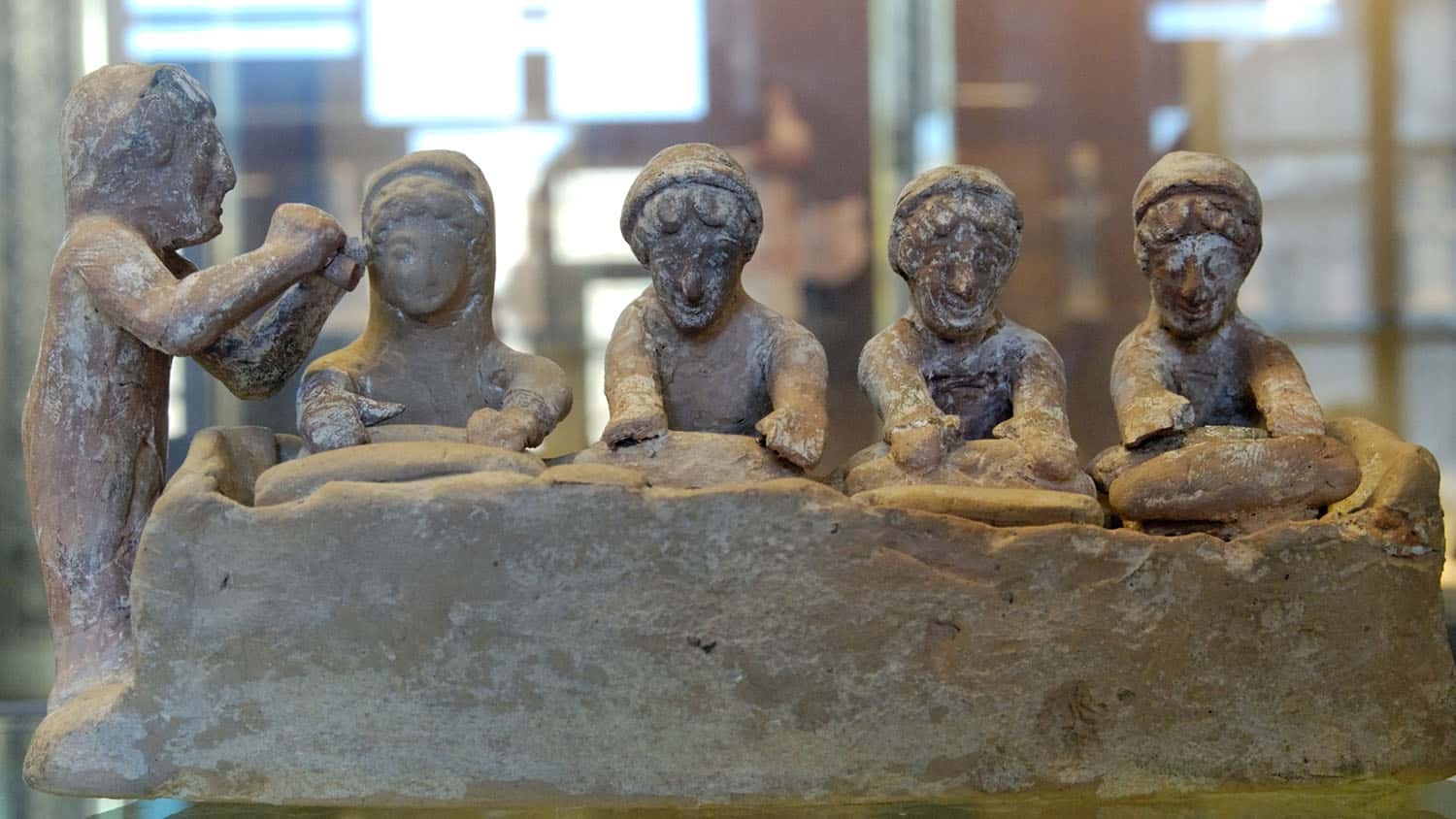Instructing Modern Citizens: Teaching the Nation and Citizenship in English and Japanese Textbooks, 1890-1914
Piper, Maria Anya Bell. “Instructing Modern Citizens: Teaching the Nation and Citizenship in English and Japanese Textbooks, 1890-1914.” (Under the direction of Dr. David Ambaras.)
This thesis uses history, geography, and citizenship/ethics textbooks to analyze how both international and domestic circumstances affected the development and content of public elementary education in England and Japan from 1890 to 1914. Specifically, this study explores how authors and publishers taught students to accept the authority and sovereignty of the government, as well as prescriptions for becoming an ideal national citizen. I chose to compare England and Japan because scholars generally consider their education systems the antithesis of one another. As the first industrial nation, England dominated other countries in technological capability through the first half of the nineteenth century, after which other countries began to catch up. This perceived threat initiated an era of reform that resulted in the creation of a decentralized system of public education. Japan, on the other hand, was a latecomer to the modern stage and used public education to assist in building a nation-state. Japan’s public school system adopted a centralized approach. Thus, at first glance, the English and Japanese systems appear quite different in organization and locus of power, but in practice both systems operated more similarly than their formal designs suggest. The timing of the establishment of public elementary education in England and Japan, in 1870 and 1872, respectively, demonstrates that industrial and industrializing countries saw education as an important tool for building a strong nation, populace, and empire in the early twentieth century. This study examines elementary school textbooks to discern how each country used education to create a modern nation in the late-nineteenth and early-twentieth centuries.
- Categories:


